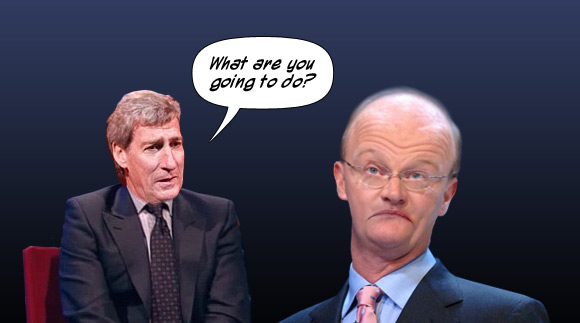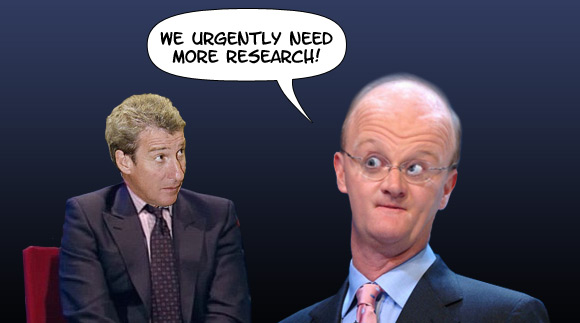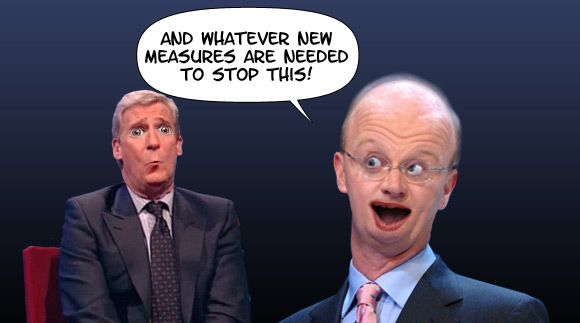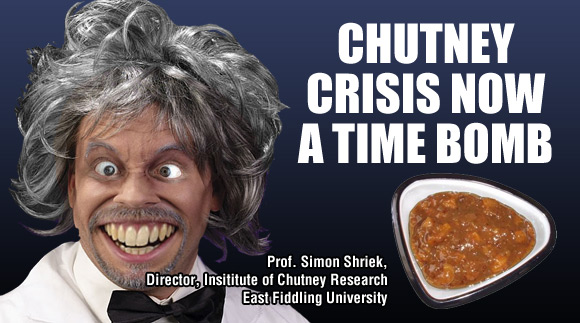November 25, 2011
JourneyQuest virtues: Forgiveness and Eloquence
This explains why Google dropped out of my “referer site” log
John Leyden explains how a change in the way Google handled search requests was reflected in my blog’s referer log by Bing suddenly becoming the top search engine for folks visiting Quotulatiousness:
Google made secure search the default option for logged in users last month — primarily for privacy protection reasons. But the move has had the beneficial side-effect of making life for difficult for fraudsters seeking to manipulate search engine rankings in order to promote scam sites, according to security researchers.
Users signed into Google were offered the ability to send search queries over secure (https) connections last month. This meant that search queries sent while using insecure networks, such as Wi-Fi hotspots, are no longer visible (and easily captured) by other users on the same network.
However Google also made a second (under-reported) change last month by omitting the search terms used to reach websites from the HTTP referrer header, where secure search is used. The approach means it has become harder for legitimate websites to see the search terms surfers fed through Google before reaching their website, making it harder for site to optimise or tune their content without using Google’s analytics service.
I’d assumed that there had been some kind of change in the way Google was handling searches, because even though Google pretty much disappeared from my logs (having been the #1 referring site forever), the volume of traffic remained about the same.
“[Fill-in-the-blank] is now a clear and present danger”
Andrew Orlowski explains how we keep falling for junk science through media exposure:
Firstly. An obscure researcher or scientist will make a dramatic claim.
The media picks up on this, and a reporter is assigned to the story. The reporter will have no scientific background — but looks to the state and the bureaucracy to do something. Anything.
The hapless minister is then hauled on to explain the inaction. He will be intelligent — he is likely to have a PPE from Oxford, like the presenter — but no specialist knowledge. He, too, trusts the scientists.
A pledge is then made to increase funding for the scientist who makes the claim.
A pledge is also made to act — by introducing legislation or other regulations. Perhaps a task force or committee will also be involved:
Illustrations: Andy DaviesThe bandwagon is now rolling.
Ever gone looking for the answer to a technical question online?
This xkcd installment is amazingly accurate, at least based on my experiences:
Wisdom of the Ancients

Remember to mouse-over the cartoon: you’re missing at least half the humour if you don’t read the mouse-over text of any xkcd cartoon.
GCHQ goes public, sort of
GCHQ grew out of the WW2 code-breaking group based at Bletchly Park and is the British equivalent of the NSA. Recently it was announced that GCHQ will start offering its expertise to private businesses:
Some of the secret technologies created at the government’s giant eavesdropping centre GCHQ are to be offered to private industry as part of new cyber security strategy being unveiled by ministers on Friday.
The idea is likely to be one of the most contentious in the plans, which could lead to the government being paid substantial sums for software developed by the intelligence agency based in Cheltenham.
Opening up GCHQ to commercial opportunities will not deflect it from defending national security, which remains its priority, ministers argue, and the agency has insisted it will not be side-tracked.
However, the new cyber strategy makes clear that the dangers posed by espionage and crime on the web cannot be faced without better co-operation between the two sectors, and that they will have to work together more closely in future.
Climategate 2.0 for dummies
For anyone who managed to avoid hearing about the original release of emails from many of the leading lights in the anthropogenic global warming community, revealing a much more sordid and less-than-honest process to publicize information on the global climate, James Delingpole explains why the latest batch of emails are important:
The latest batch of emails, leaked by a person or persons unknown (but whoever they are they deserve a Congressional Medal of Honor at the very least) comprises 5,000 files, dumped as before onto a Russian server, revealing private correspondence between many of the scientists at the heart of the Great Global Warming scam.
These are men like Penn State’s increasingly infamous Michael Mann (inventor of the discredited Hockey Stick) and the University of East Angia’s Phil Jones: not just two-bit research assistants but the “experts” whose data, research papers and lobbying forms the basis of the Intergovernmental Panel on Climate Change’s (IPCC) pronouncements on Anthropogenic Global Warming.
The IPCC, in turn, is the organization on whose doomy prognostications of man-made climate disaster our political leaders base their policy. So when Obama pours billions of your tax dollars into failed clean-tech companies like Solyndra, when you are banned from using the kind of lightbulbs that actually illuminate a room rather than merely flicker and give you a headache, when the EPA’s Lisa Jackson tries reducing the number of showers you take or seeks to regulate when you use your aircon, when your energy bills rise and your flights grow more expensive due to carbon taxes — all these infringements on your economic wellbeing and your liberty can be traced back to these Climategate scientists. This is why Climategate matters.








